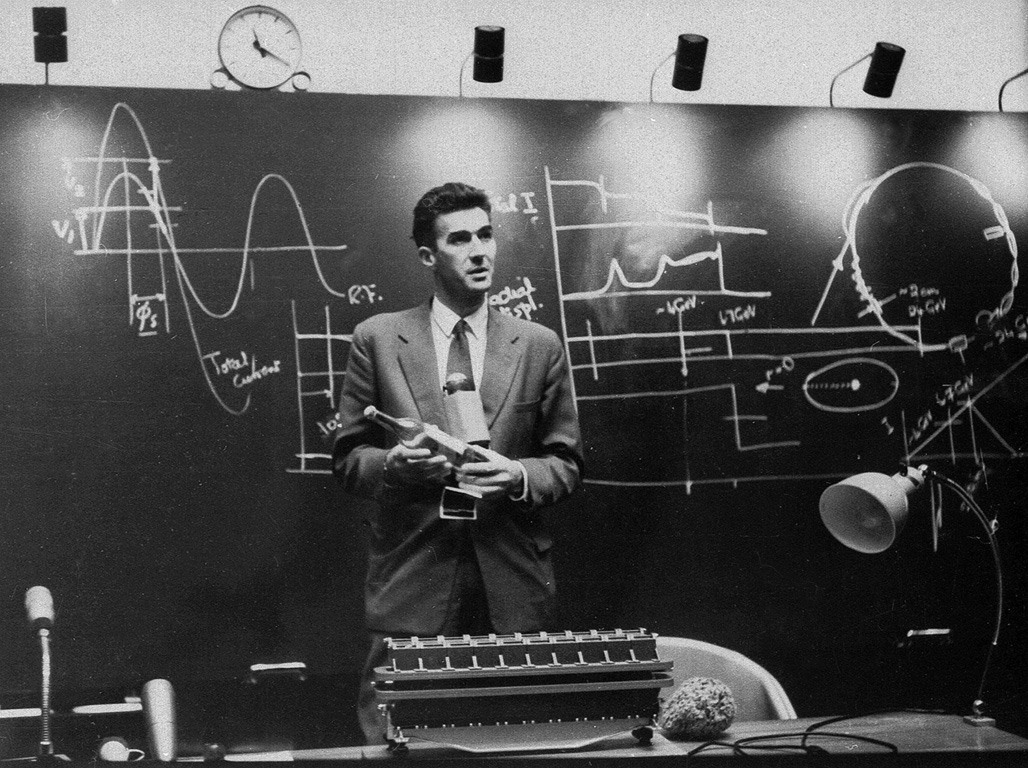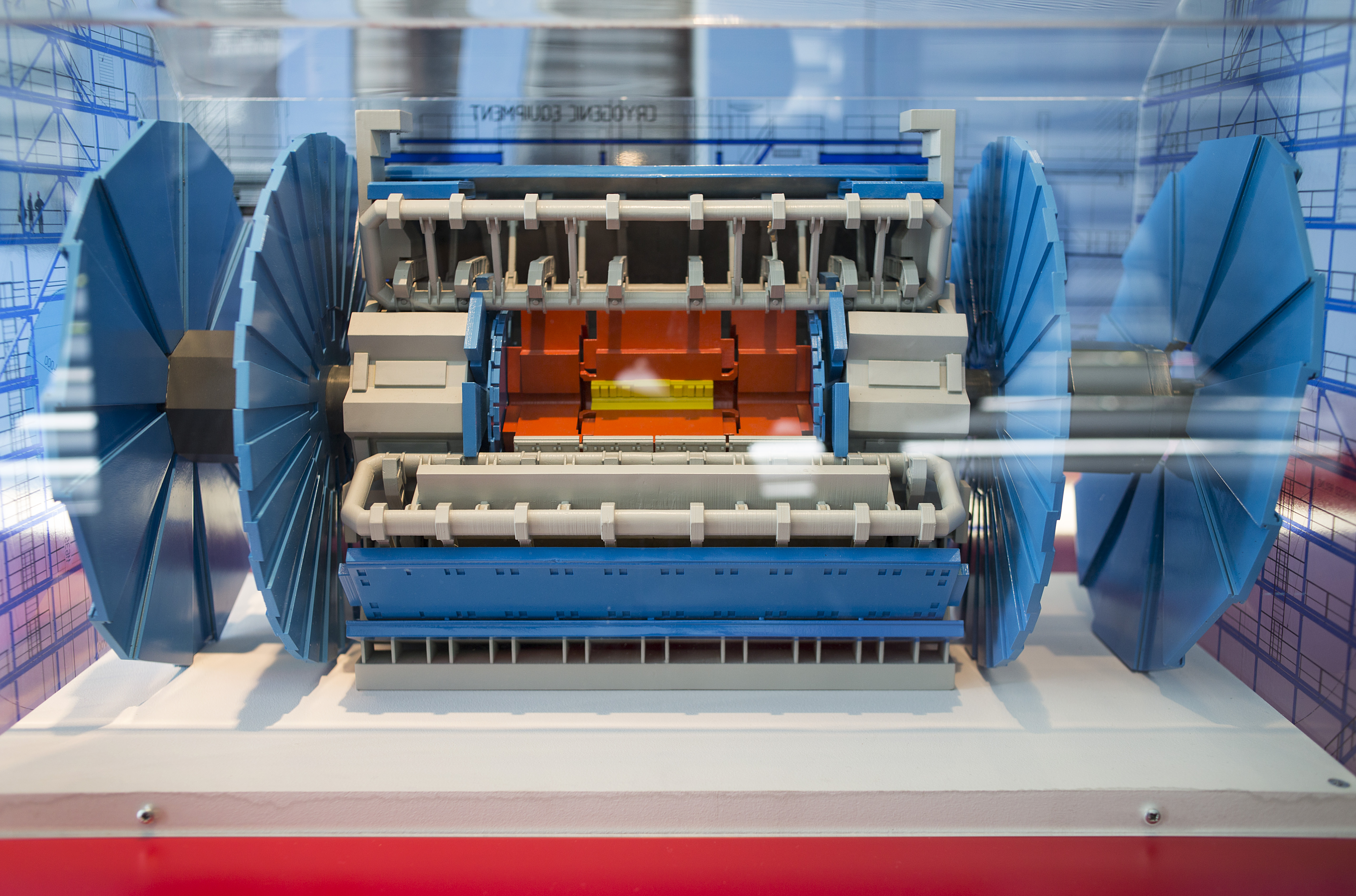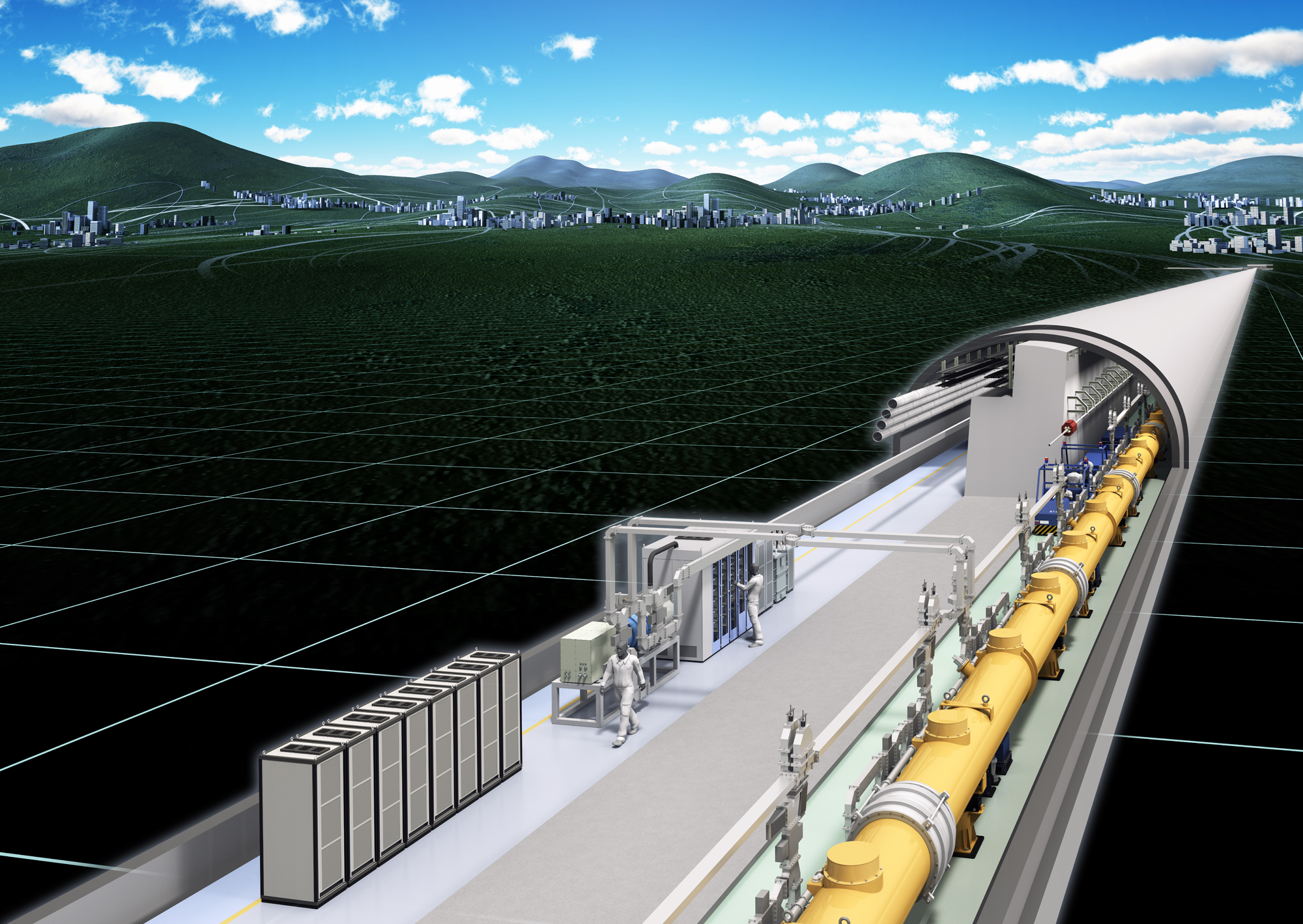Russia officially joins CERN at last

Russia is set to become an associate member of the European Organization for Nuclear Research, CERN, ending an old paradox. The Russians have lived with an observer status until now despite working closely with the world’s largest particle physics laboratory for years.
The year was 1959. In a black and white photo, John Adams, head of the team working on the proton synchrotron, CERN’s first major particle accelerator, holds up a bottle of vodka, a gift from colleagues at the Joint Institute for Nuclear Research at Dubna, north of Moscow.
The vodka came with instructions for the team in Geneva to drink it once the machine was successfully started up. They drank it to the last drop, stuffed a Polaroid photo showing the synchrotron working into the empty bottle, and sent it back to the Soviet Union.
But the Russians were not just watching from afar, already coming on regular visits. For many years, their guardian angel on site was the granddaughter of the famous Russian jeweller Carl Fabergé. As a secretary at CERN she helped Soviet scientists to get their bearings in the city, often putting them up at her own house to save them the cost of a hotel.
Today, there are 883 Russians working on site, with only the Americans being more numerous among non-member countries with over 1,700 people.
Among those Russians is a family with two generations of physicists. At 79, Igor Golutvin is one of the laboratory’s pioneers. He arrived over 50 years ago, and today he heads the council on scientific collaboration between CERN and the Dubna Institute.
His son, Andrei Golutvin, a professor at London’s Imperial College, has been coming regularly to Switzerland for well over a decade. Since 2007, he has worked on the Large Hadron Collider beauty (LHCb) experiment, one of the four collision detectors in the world’s biggest particle accelerator.
In general, the two physicists try not to talk shop at home, “but if we go out for dinner, we can’t keep off philosophical subjects, such as Russia’s membership of CERN”, the younger Golutvin confesses.
Membership benefits
Originally from Poland, Tadeusz Kurtyka has been working at the laboratory for 22 years. He is responsible for relations with Eastern Europe, especially cooperation with Russia. He says it hasn’t been CERN putting the brakes on Russian membership.
“Any country can become an associate member of CERN, then a full member after two years, if it wants”, he adds. “Associate member status means limited financial involvement, because these countries pay only ten per cent of the full membership fees, and their rights are limited as a result.”
The associate members can supply equipment and material to CERN. They also have a representative on the board, and their citizens can work directly for the laboratory and earn a Swiss salary. The main beneficiaries of this status are students.
Today, the organisation’s budget is more than CHF1 billion ($1.1 billion), funded by the 20 member states. Germany is the biggest contributor with CHF220 million, while France provides CHF170 million and Britain CHF160 million. Smaller countries such as Switzerland, Belgium, Norway, Poland, and Sweden pay around CHF30 million each annually.
The observer status currently enjoyed by India, Russia, the US, Turkey and Japan is set to disappear. These countries will be given time to decide whether they want to become associate or full members.
Slow process
As an advisor to the director-general on cooperation between CERN and Russia, Andrei Golutvin knows the interests of both parties. Asked why it took two years for the Russian minister of education and science to make an official application, Golutvin talks about “an internal process within the country which took time to mature”.
“The spectrum of viewpoints on the entry of Russia is wide”, he explains. “I belong to the group that believes that this will be extremely important for the development of basic research. Geneva will become another ‘home’ laboratory where Russian students can serve their apprenticeship.”
There are also those opposed, who fear that instead of being invested directly in scientific infrastructure, Russian money will just frittered away in Geneva. Associate member status will cost Russia about CHF7 million, while being a full member would cost nearly CHF70 million a year.
Golutvin considers his country’s participation far from being a costly luxury though. “When you see all that is invested in developing physics in Russia, the amount that will go to CERN is relatively small,” he says.
In 1954, 12 European countries signed the accord setting up CERN (the acronym stands for the French words Conseil Européen pour la Recherche Nucléaire). By the end of the 20th century, nine other countries had joined and Yugoslavia had dropped out.
In 2010, CERN officially decided to extend its reach beyond Europe. Several countries have applied to be associate members, including Brazil, Pakistan, Turkey, Ukraine and Russia.
Romania is currently a candidate for membership. Israel and Serbia are associate members in the process of joining.
It was only in 2012 that Moscow decided to make its participation official. A response from CERN to Russia’s request to be admitted as an associate member is expected next year.
Building the LHC, the big accelerator at CERN, has cost CHF6 billion. Russia’s financial contribution to this project is over CHF150 million francs and its scientific contribution amounts to some ten per cent of the four experiments carried on using the LHC.
Eleven thousand researchers from 50 countries work at CERN and are classified as “users”. They are sent to Geneva by their university or research institute which pays their salary and travel costs in Swiss francs for anything from two weeks to several years. Disparities in earnings are real, particularly compared with European research colleagues.
2,300 people work full time (the “staff”), but this status is confined to researchers from member states. Another 1,000 people occupy temporary positions.
CERN’s rules facilitate access to the laboratories of the organisation for all, irrespective of their nationality.
(Translated from French by Terence MacNamee)

In compliance with the JTI standards
More: SWI swissinfo.ch certified by the Journalism Trust Initiative


You can find an overview of ongoing debates with our journalists here . Please join us!
If you want to start a conversation about a topic raised in this article or want to report factual errors, email us at english@swissinfo.ch.